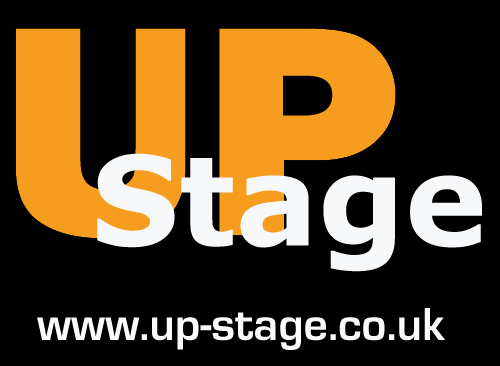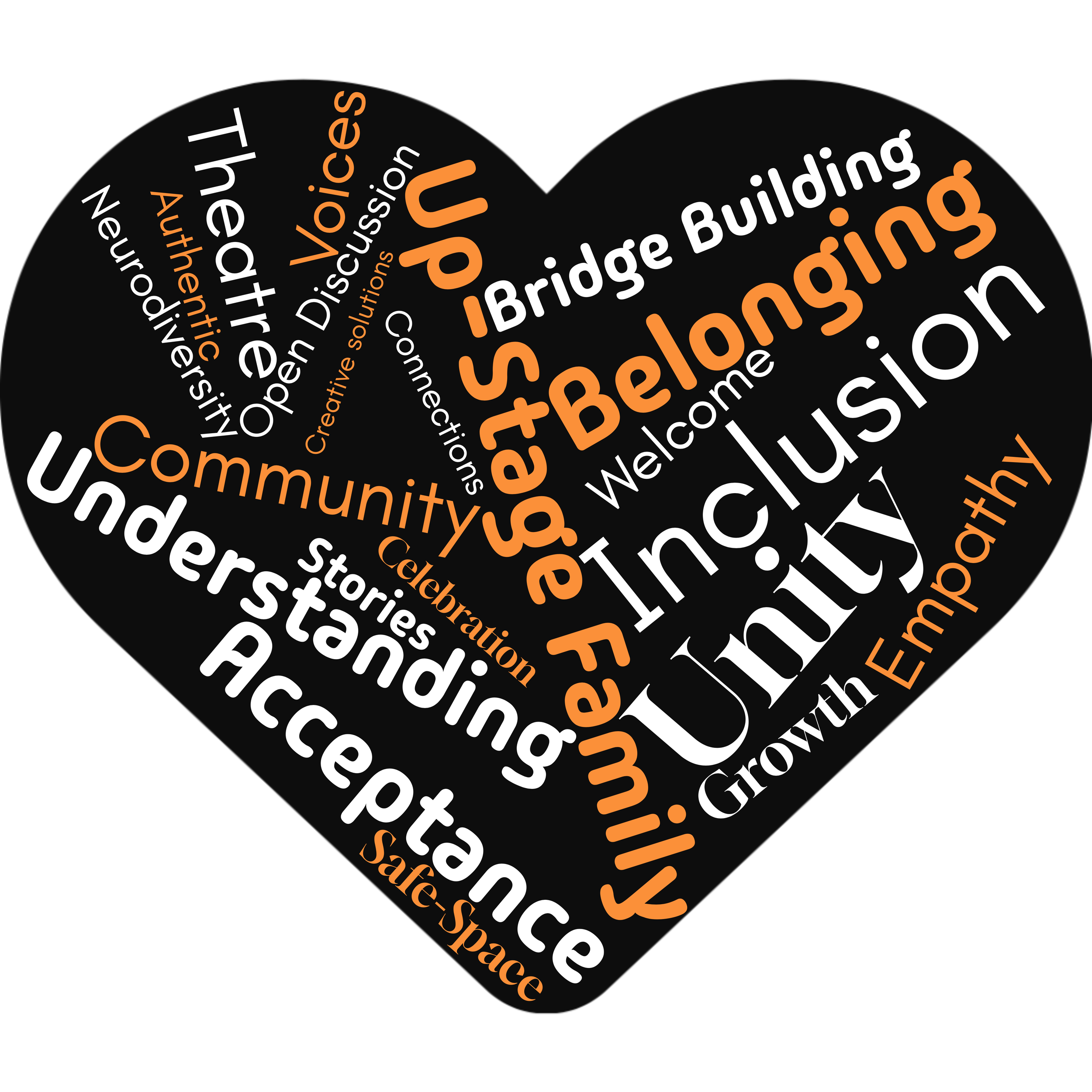Theatre as a Bridge: How the Arts Unite Us in Times of Division
In our drama sessions at Up-Stage, something magical happens every Wednesday and Friday evening. Children aged 5 to 17 gather in our circle at Barton-le-Clay Village Hall, and we begin each session the same way – with open discussion.
"How are you feeling today?" I ask. "What's on your mind?"
The responses are beautifully honest. Some children share excitement about school achievements, others talk through friendship worries, and many simply need a moment to be heard. What strikes me most is how naturally our young people listen to each other – really listen – regardless of age, background, or the different ways their minds work.
Standing Against Division
In recent months, we've witnessed a troubling rise in divisive rhetoric across our political and cultural landscape. Hate speech targeting minorities has become normalised in some quarters, and symbols of inclusion have been weaponised to spread fear rather than celebrate diversity. As someone who works with young people every day, I find this deeply concerning. At Up-Stage, we refuse to accept that division is inevitable. We reject the politics of hate that seeks to other our neighbours, our friends, our community members. Instead, we choose to model something different – a space where differences are celebrated, not feared.
Theatre: Where Every Voice Matters
In our sessions, we celebrate neurodiversity as a strength. Children who think differently often bring the most creative solutions to our improvisation exercises. Those who struggle with traditional learning methods frequently shine when expressing themselves through movement or character work. We've learned that when you remove the pressure to be "normal" and instead encourage authenticity, extraordinary things happen. One of our participants once said during a discussion, "I like it here because nobody tells me I'm doing feelings wrong." That simple statement captures everything we believe about inclusive theatre – there's no wrong way to be human, and every perspective enriches our storytelling. This isn't just idealism – it's a deliberate choice to counter the narrative that some voices matter more than others.
The Power of Shared Stories
Theatre has always been humanity's way of exploring what connects us. When our young people step into different characters' shoes – whether they're playing a villain, a hero, or something wonderfully complex in between – they develop empathy that extends far beyond our village hall walls. During our open discussions, children often make connections between the characters they're exploring and real-world situations. They talk about fairness, kindness, and standing up for others. These aren't lessons we preach; they're insights they discover themselves through the safe exploration that drama provides. In a world where politicians and commentators profit from keeping us angry and afraid of each other, these moments of genuine understanding feel revolutionary.
A Sanctuary for All
At Up-Stage, we've always operated on a simple principle: every child deserves a space where they can be themselves without fear. Whether a child is naturally confident or overwhelmingly shy, neurotypical or neurodivergent, from any background or family situation – they belong here. We don't achieve this through grand gestures, but through small, consistent acts of inclusion. We adapt activities when needed, we celebrate different ways of participating, and we never exclude based on ability or confidence. Our work aligns with what Sam Mendes told us about Up-Stage – that we're "CHANGING LIVES" – and we've seen how powerful it can be when children feel truly accepted. This matters more now than ever. When public discourse is poisoned by those who would have us fear our differences, we choose to celebrate them instead.
Moving Forward Together
In times when division seems to dominate headlines and hate speech masquerades as legitimate political discourse, our little corner of Bedfordshire proves something important: when we create spaces for genuine connection, prejudice struggles to take root. Children who learn to value each other's differences grow into adults who build bridges rather than walls. Theatre doesn't just reflect society – it has the power to shape it. Every time our young people support a nervous classmate through their first scene, or adapt their performance style to include someone who communicates differently, they're practising the kind of world we want to live in. They're rejecting the false choice between "us" and "them."
Join Our Community
If you're looking for a place where your child can explore their creativity whilst being part of a truly inclusive community – one that stands firmly against the politics of division – we'd love to welcome you to Up-Stage. Because in our experience, the best stories are the ones where everyone gets to play a part. Up-Stage Theatre Arts runs weekly sessions at Barton-le-Clay Village Hall. For more information about our inclusive approach to youth drama, contact keith@up-stage.co.uk or visit up-stagearts.com
Thank you for taking the time to read this
Keith

